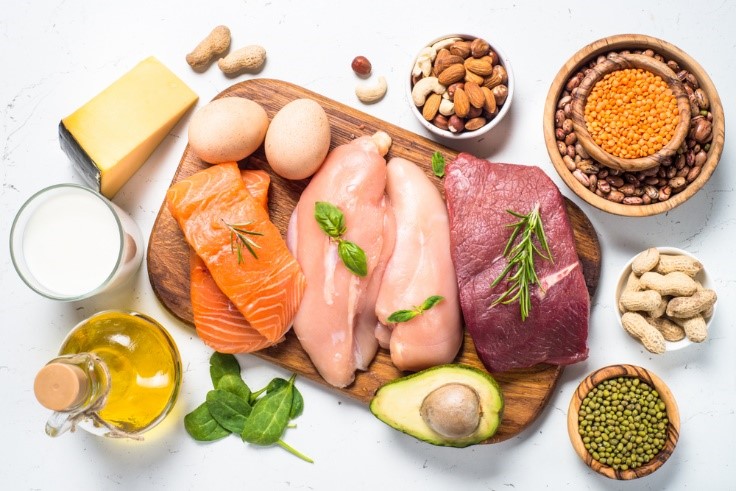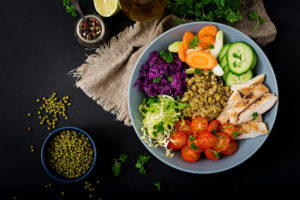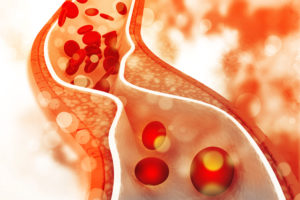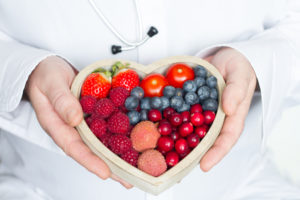“Health is wealth.” We’ve all heard this very famous quote but often fail to prioritize our health. Moreover, as we get older, we regret the health choices we’ve made. Are you a person taking care of a senior but don’t know which foods to incorporate into their daily diet? Don’t stress! There are many healthy food options to choose from. To help you, we have listed all the important nutritional foods to help you establish a balanced diet for your senior citizen.
- Grains

Nothing is better than whole grain food. This type of grain is low in fat, contains complex carbohydrates, and is high in fiber. This will prevent seniors from overeating and keep them full longer. Some of the best grain foods that you can choose are:
- Brown rice
- Barley, quinoa, whole corn, etc.
- Wheat crackers and bread
- Whole wheat pasta
- Steel-cut oats
- Fruits and Vegetables
A bowl of fresh fruits and vegetables is amongst the most popular healthy foods. These are low in fat and packed with nutrients, flavors, and minerals. Some of the best colorful fruits and vegetables that you can choose are:
- Apples, mangoes, oranges, pineapples
- Blueberries, strawberries, cherries, pomegranates
- Citrus fruits: grapefruits and oranges.
- Peaches, pears, and melons
- Dark green vegetables: spinach and kale
- Leafy green vegetables: cabbage and romaine
- Tomatoes and avocados
Adding these healthy food items to a senior’s daily diet will not only keep them healthy but will reduce the risk of heart disease, cholesterol, high blood pressure, and other health issues.
Related: 3 Tips to Improve Your Memory – Home Instead Senior Care (homeinsteadseniorblog.com)
- Meat, Poultry, Fish, and Beans

Incorporate lean meats and fresh fish into your senior’s diet. We recommend serving these foods baked, boiled, grilled, and roasted instead of deep-frying. This is a great start to a healthy meal, as well as keeping your loved one from not becoming constipated and prevent weight gain in the long run. As they age, it may become difficult for a senior citizen to lose weight and burn calories. We suggest the following meats and fish for a balanced diet:
- A lean cut of beef or lamb
- Turkey and bacon.
- Chicken breast
- Haddock, white fish, salmon, tuna, etc.
- Shrimps, mussels, scallops, and lobsters
- Beans, lentils, and chickpeas
- Dairy and Dairy Substitutes
Often, people experience joint pain, loss of bone mass, weakness, and slow movement as they age. A lack of proteins, vitamins, and calcium can lead to osteoporosis, causing the bones to become weak and more likely to break. In order to keep your senior bones healthy, you need to increase the intake of enriched milk substitutes such as:
- Sting cheese
- Low-fat milk
- Low-fat cottage cheese
- Plain, no-fat yogurt
The Bottom Line
As people age, it becomes quite essential to maintain a healthy diet. We hope that our guide will help you pick the best nutrient-rich food to meet your senior’s daily needs. If you’re looking for the most professional and friendly caregivers in Wilmington, NC, Home Instead Senior Care is the best choice. We have decades of experience in taking care of seniors’ meal prep and other lifestyle areas. For more information about our home care services, call (910) 342-0455 today!



